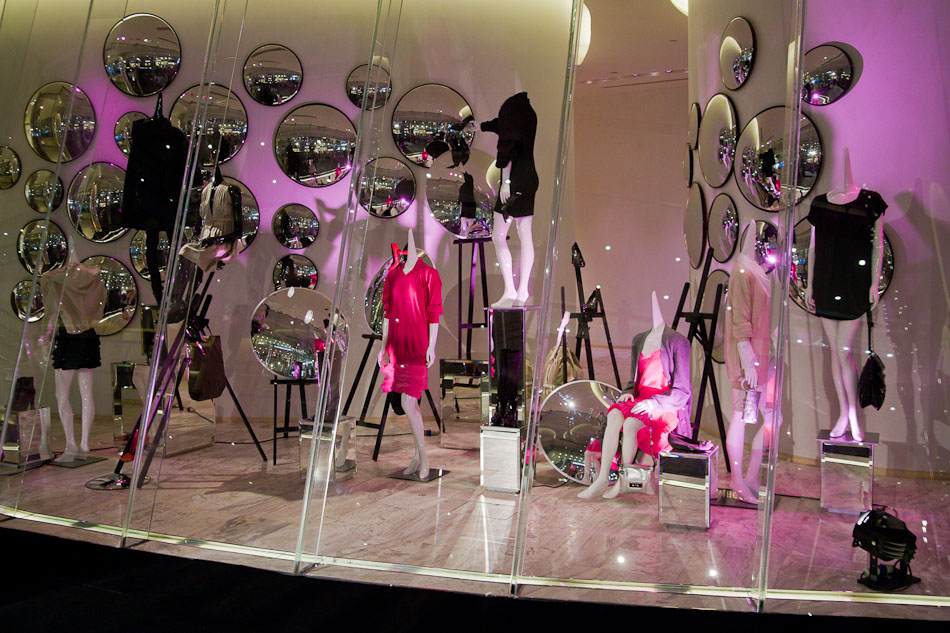Apr 6, 2012 | Clippings, Consumerism, Counterfeit Paradises, Development, Society
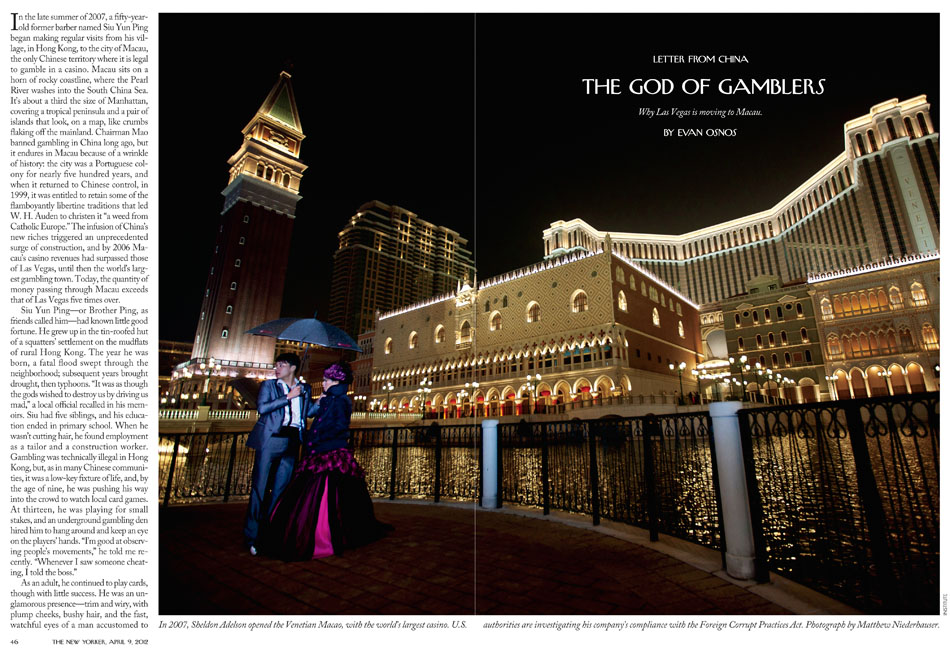
Macau looms large on the iniquitous edges of Asia. It is a city of sin: filled with casinos, prostitutes and any other vice or luxury one could imagine. In many ways this is business as usual. Trafficking of women and general skullduggery date back to the earliest days of the Portuguese colony at the turn of the 16th century. Now the stakes are much higher though, and for many visitors, money is not an object. Macau currently draws the biggest “whales” in the world and most of these high rollers come straight out of mainland China. The increase in gambling revenues in Macau is unprecedented. Galaxy Entertainment tripled its profits during 2011, and the entire casino industry is already up 20% in the first quarter of this year compared to last. Macau outperforms the Las Vegas Strip nearly six times over and there is no end in sight.
The already outrageous revenues posted by Macau casinos also appear to be the tip of the iceberg. It is largely acknowledged that a massive amount of cash moves through V.I.P. gambling rooms where high-stake bets are off the books. No one knows how deep that well goes. Money laundering and connections to triads run rampant through the “junkets” who shuttle wealthy mainland Chinese gamblers into Macau and collect their debts elsewhere in order to bypass currency limitations at the border. Macau is riding the tails of China’s economic boom and catering to the extravagant tastes of the Chinese nouveau riche looking to flex their often illicit financial muscles.
At the top of the pyramid are two of the world’s richest men: Steve Wynn and Sheldon Adelson (also the largest contributor to Newt Gingrich’s campaign efforts). Both are in heated competition to rule Macau as their fortunes continue to skyrocket despite serious allegations of corruption and a spotty track record. A WikiLeaks spinoff called CasinoLeaks – Macau offers up condemning fare based on collected public records. Be sure to read Evan Osnos’ article in The New Yorker that features my photography. He does an amazing job navigating this intricate web of sordidness. More photographs that didn’t make the cut can be seen below.
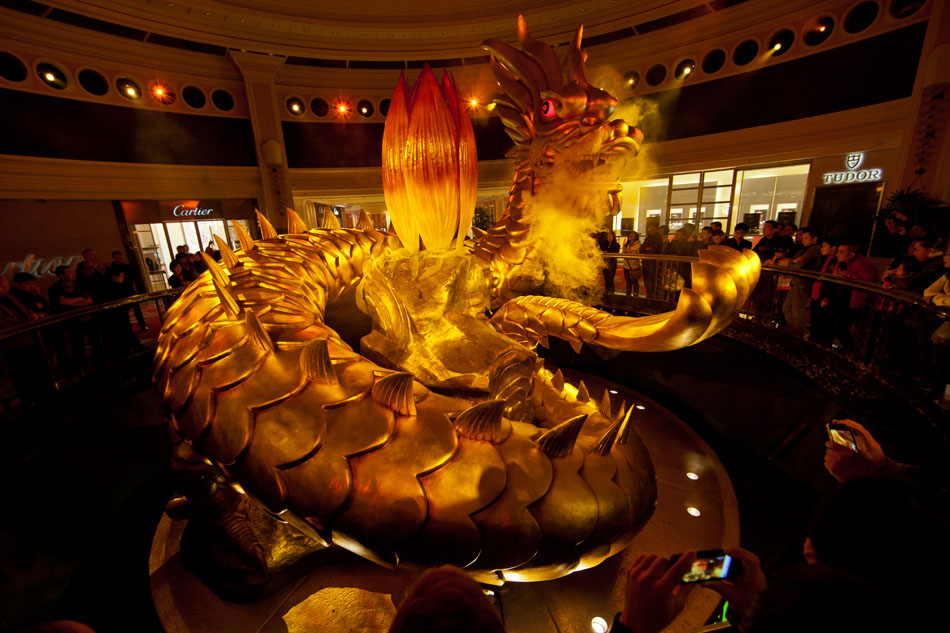

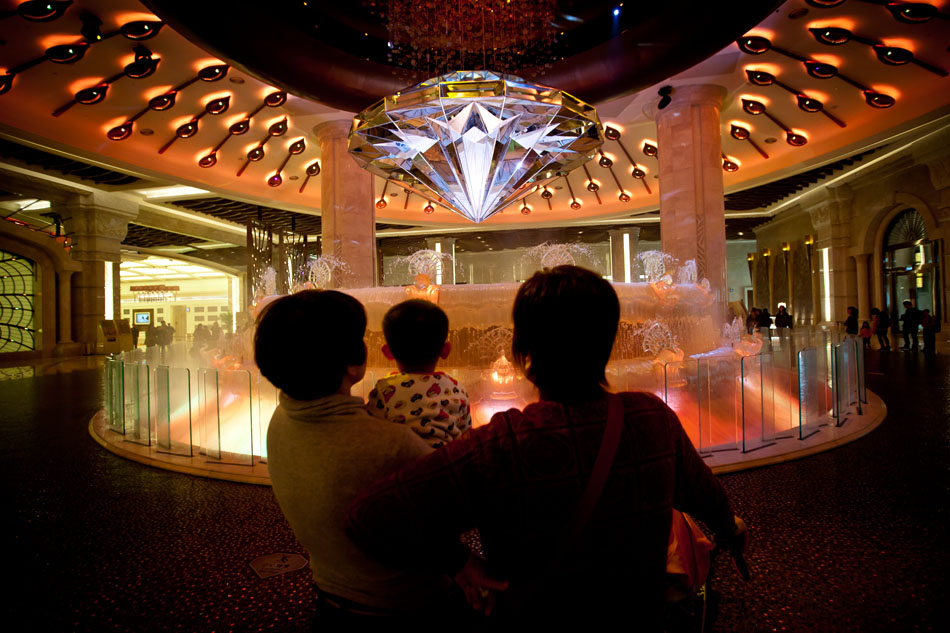
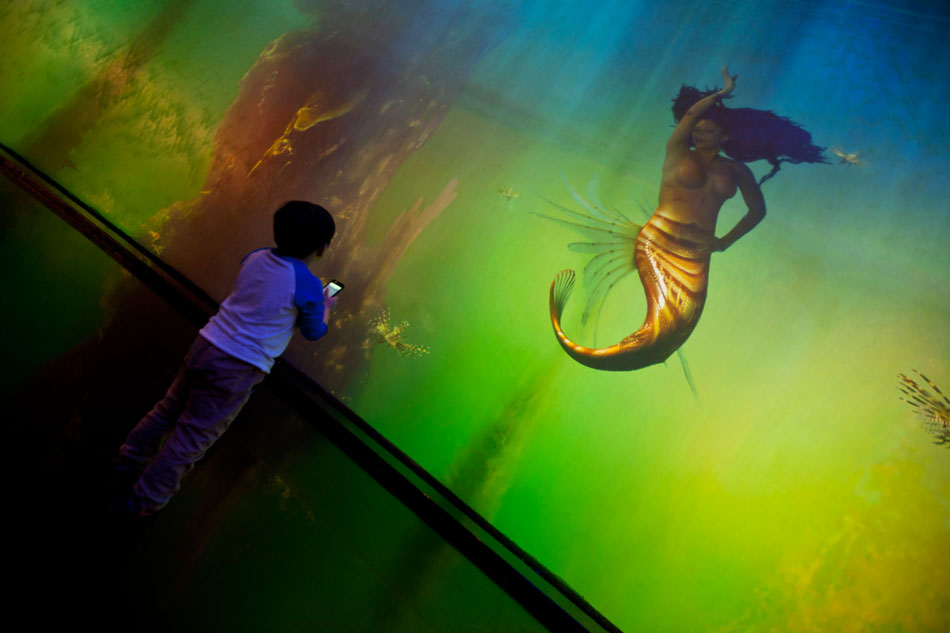
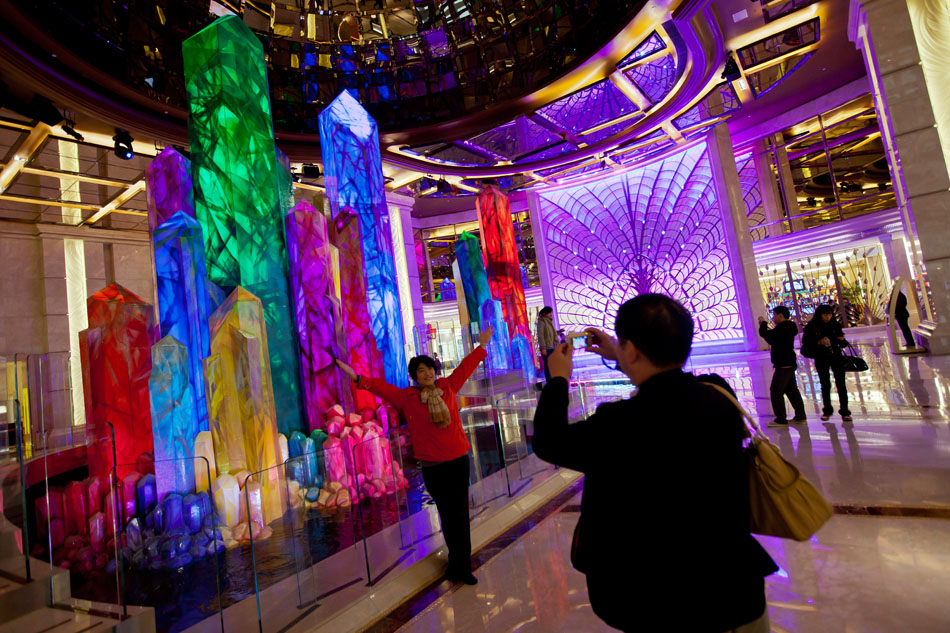
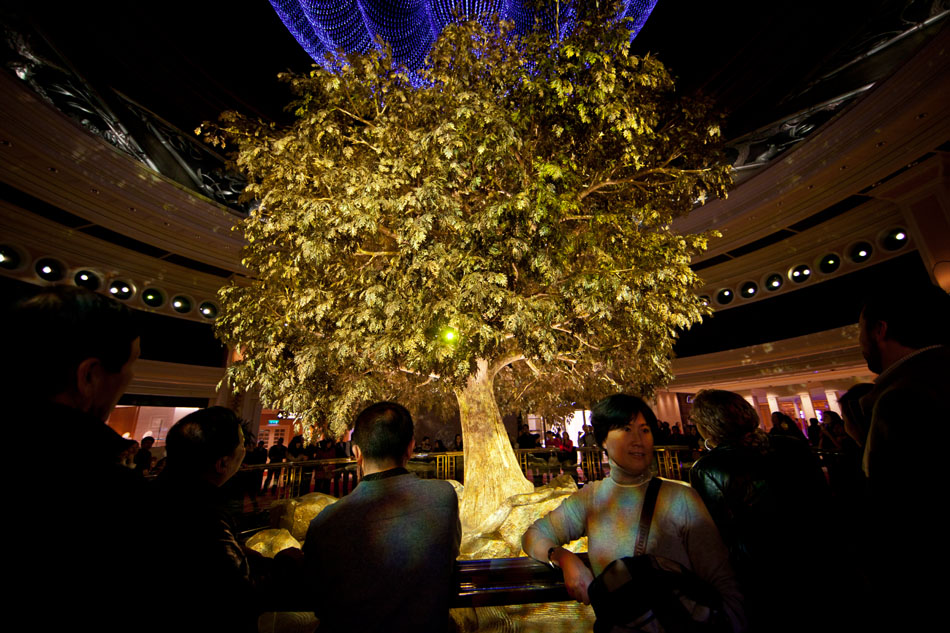
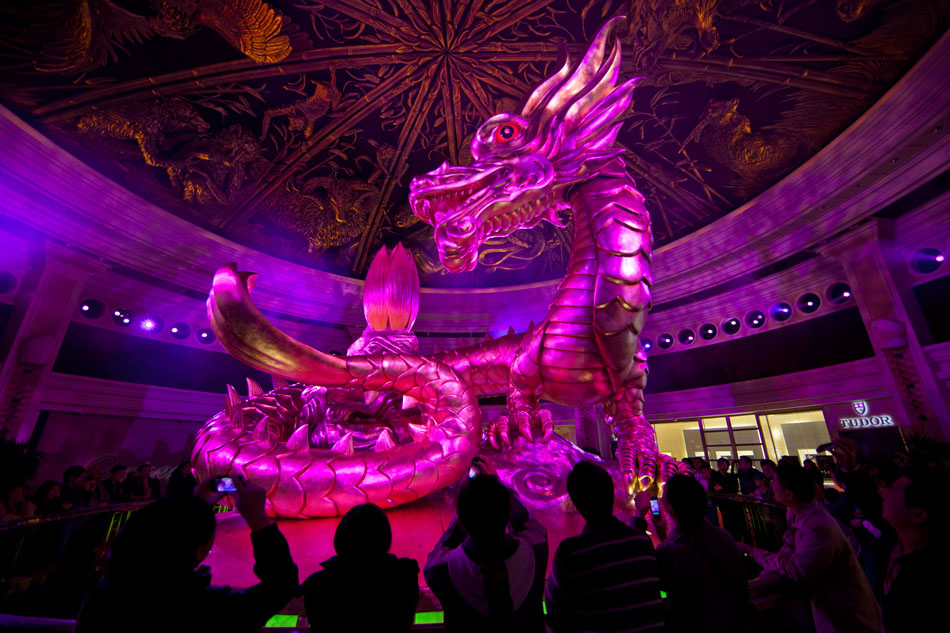
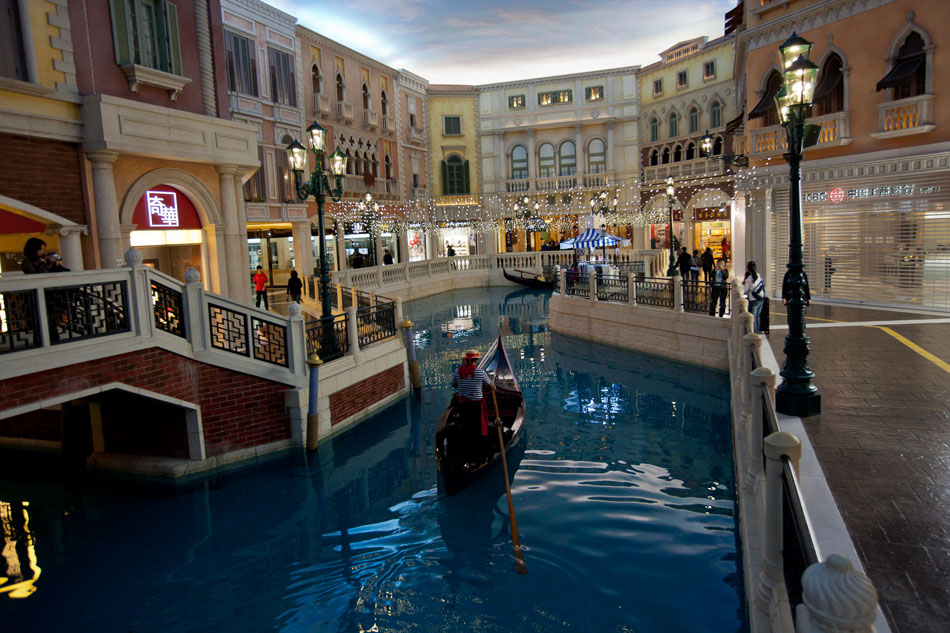

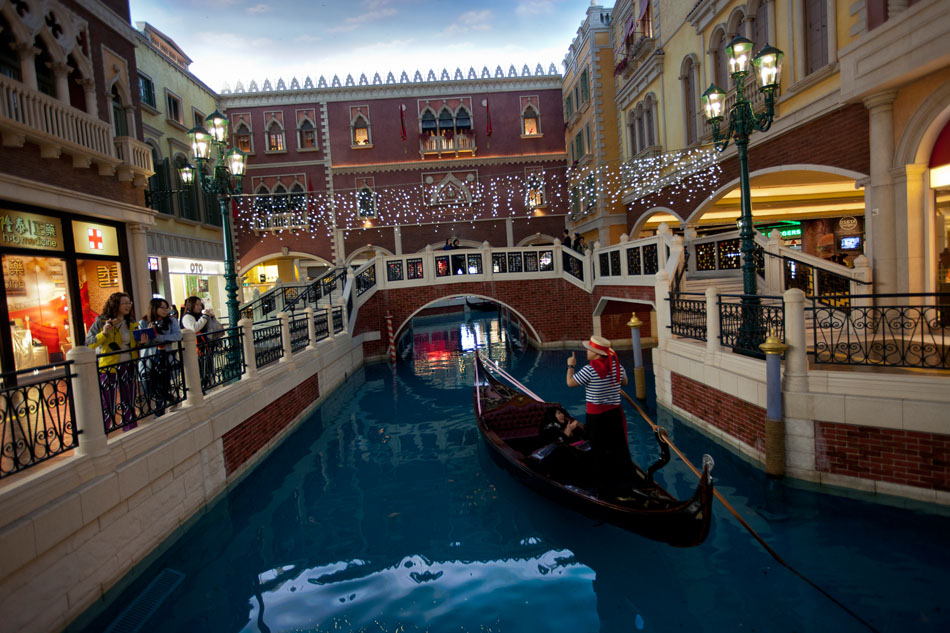
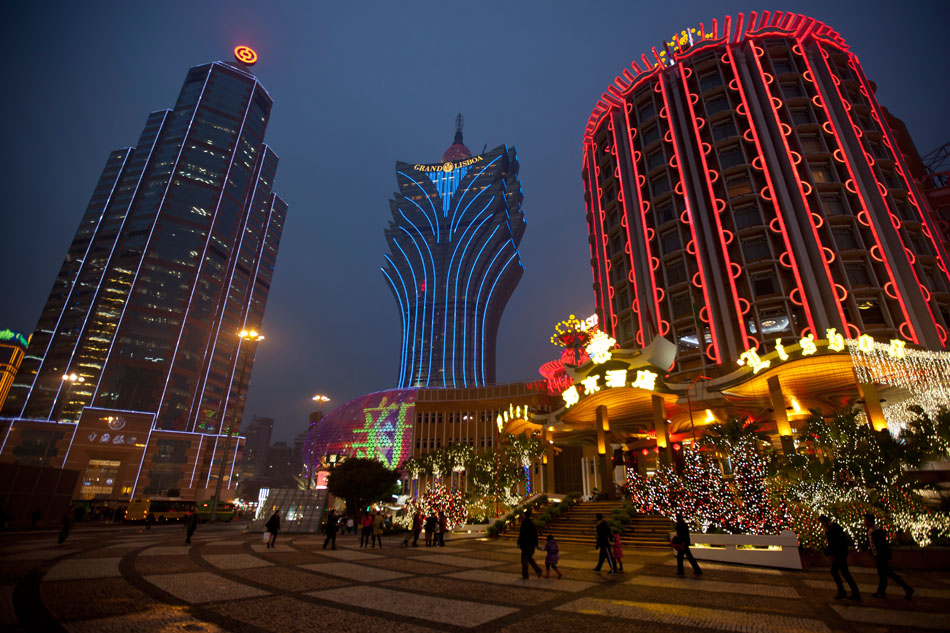
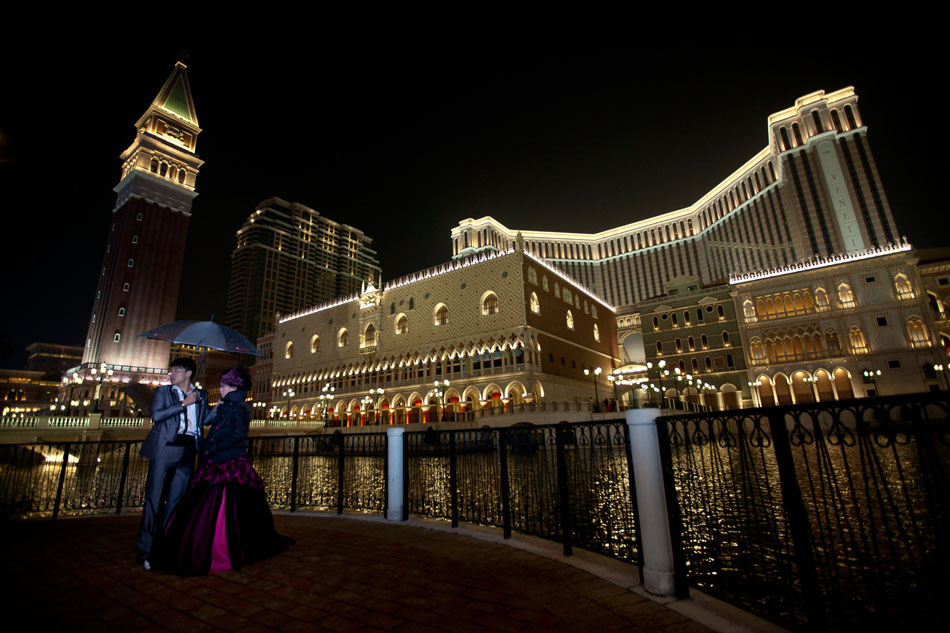
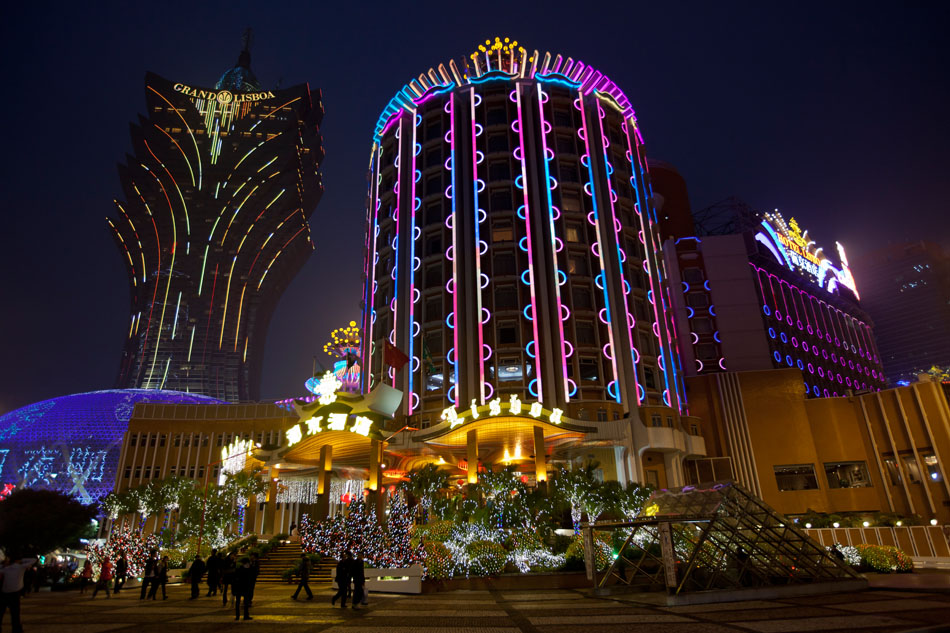
Oct 30, 2011 | Counterfeit Paradises, Society
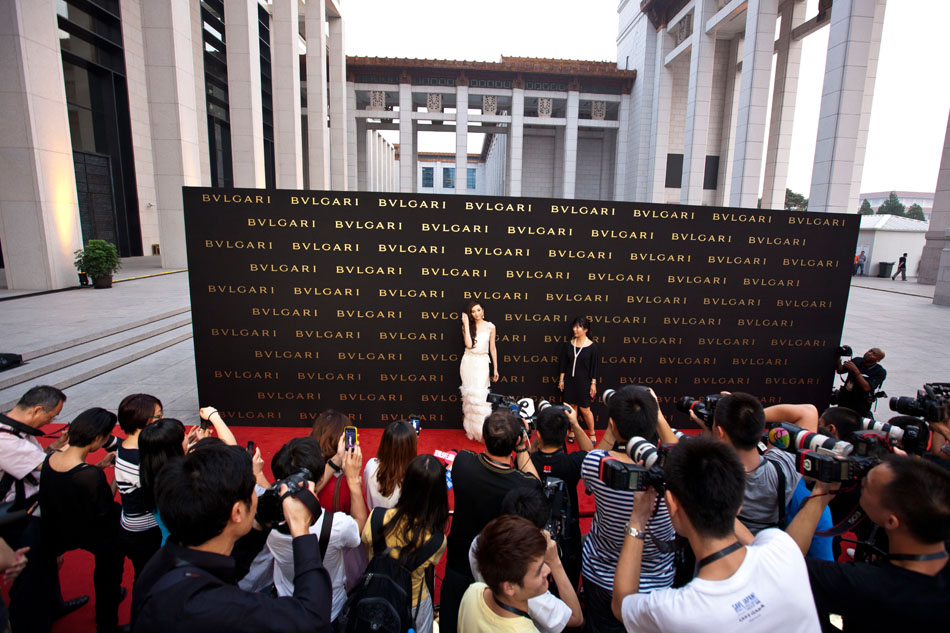
After a four-year, $380 million refurbishment, the National Museum of China finally opened its doors to the public as the largest exhibition space on the planet, beating out both the Louvre in Paris and the Hermitage in St. Petersburg. Even though now touted as one of the world’s premiere cultural institutions, it has failed to impress either international or domestic visitors with it’s shrill depiction of the history of the Chinese Communist Party in its centerpiece “The Road of Rejuvenation” exhibition. Key epochs such as the Great Leap Forward and Cultural Revolution are left out of its glossy displays and poorly translated placards. Still, such a propagandistic history of modern China was expected in the first place. What really shocked many visitors was the blatant commercialization of the National Museum of China within its first two design exhibitions: “Louis Vuitton Voyages” and “Bulgari: 125 Years of Italian Magnificence.” Museum directors claim such exhibitions are revitalizing interest in the space, but it is more a sellout at the heart of the nation a stone’s throw from Mao Zedong’s tomb. Critics remain baffled as to how such a key cultural institution could blatantly promote such crass consumerism, especially surrounding the 90th anniversary of the Chinese Communist Party which was also linked to an exhibition of historical paintings adjacent to vintage Louis Vuitton trunks and sparkling Bulgari jewels. Such opulent items stand counter to the core ideologies of the founding fathers of the Chinese Communist Party celebrated a short distance away, as well as the core mission of the museum itself that is purportedly dedicated to promoting Chinese culture instead of foreign luxury brands. These photographs juxtapose the “The Road of Rejuvenation” and “Masterpieces of Modern Chinese Fine Arts” exhibitions advocating the socialist roots of the Chinese Communist Party with the champagne-fueled openings of the “Louis Vuitton Voyages” and “Bulgari: 125 Years of Italian Magnificence” exhibitions. Such paradoxes stand at the center of the Chinese Communist Party’s attempts to rectify its embrace of rampant free-market consumerism with its socialist heritage.
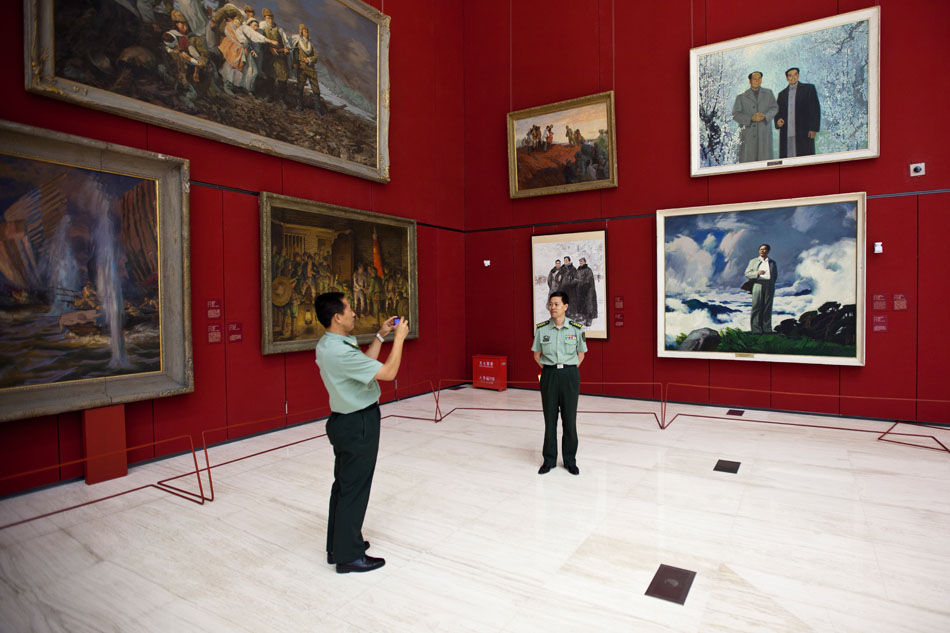
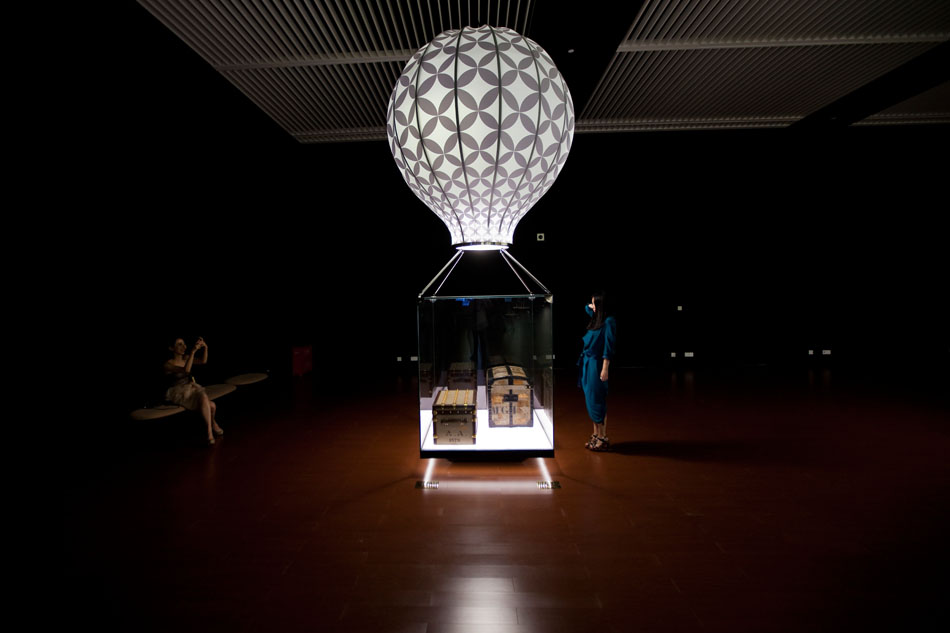
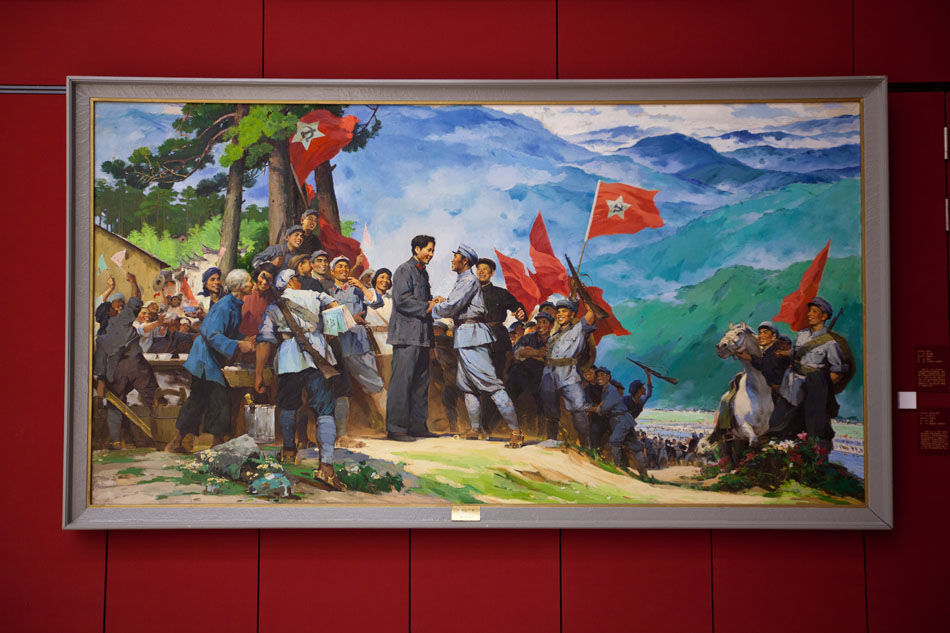

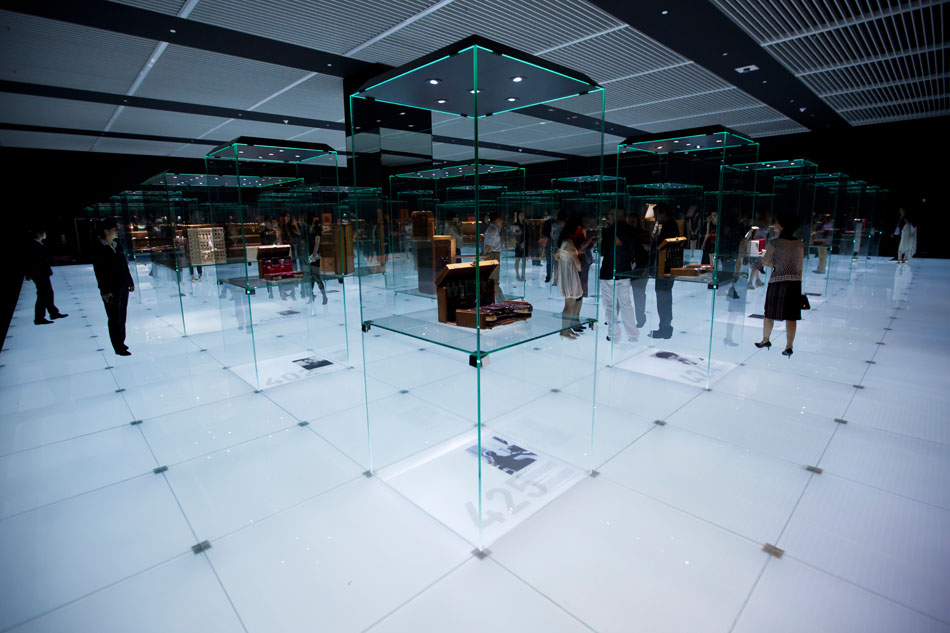
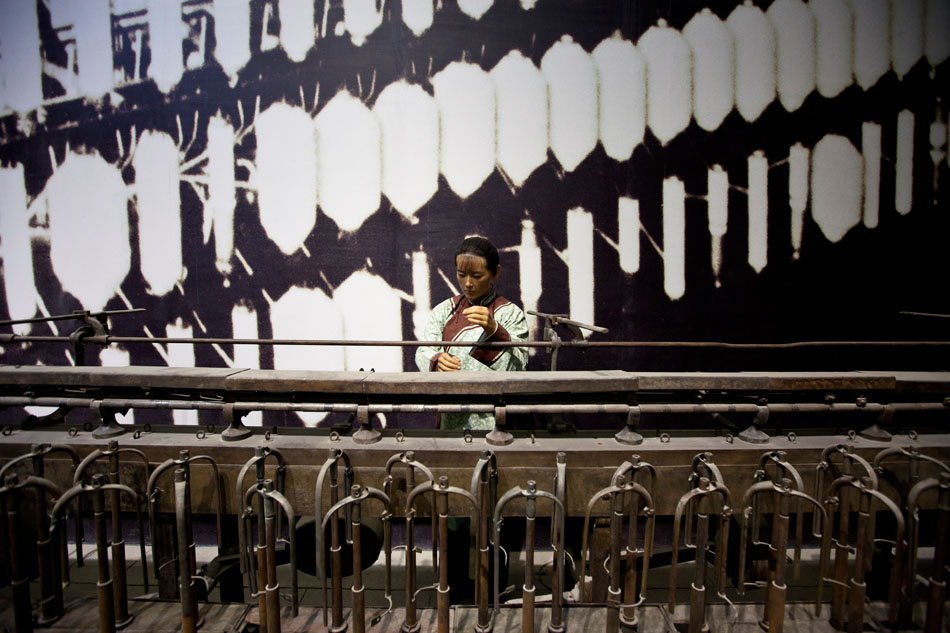


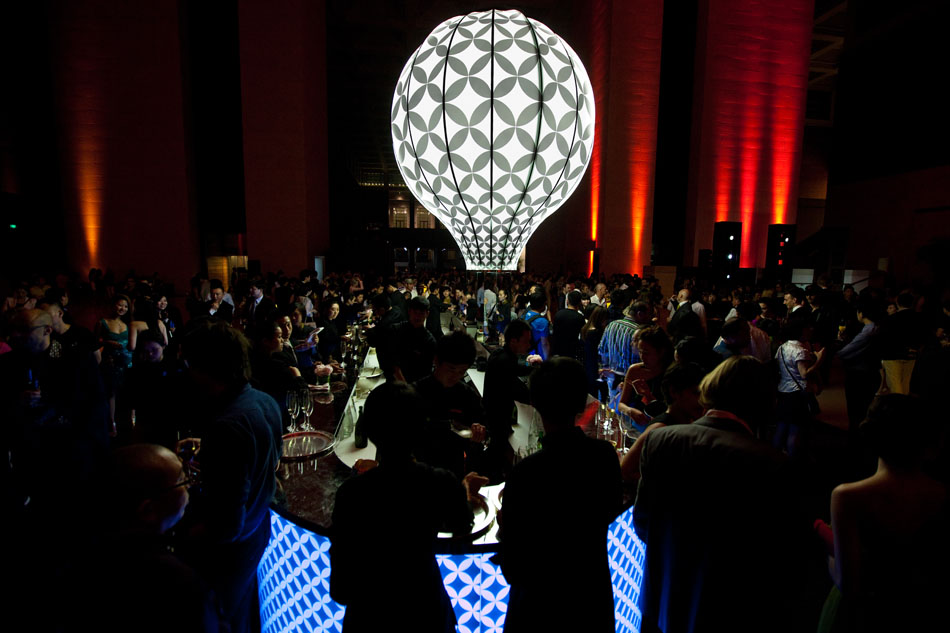

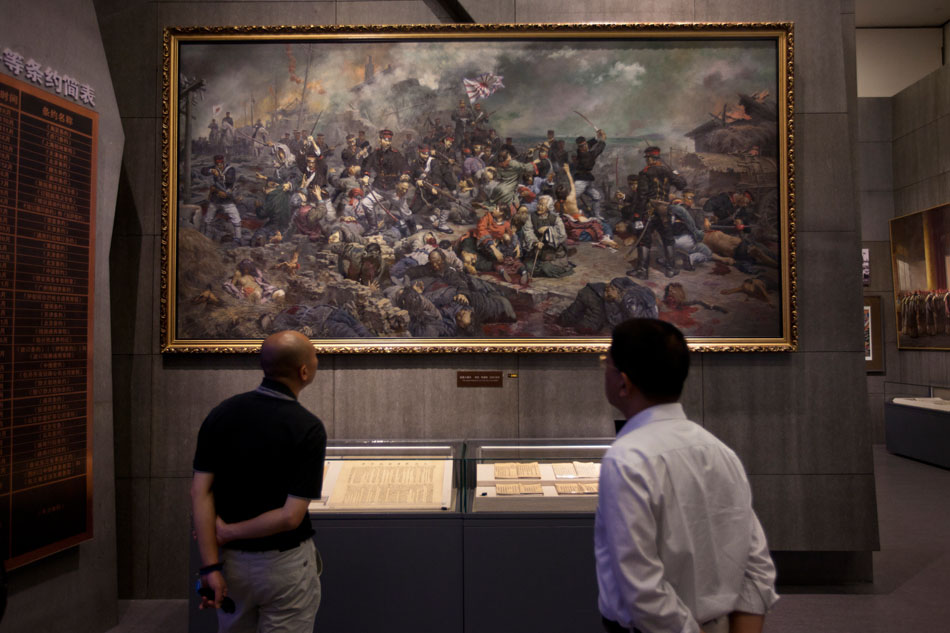


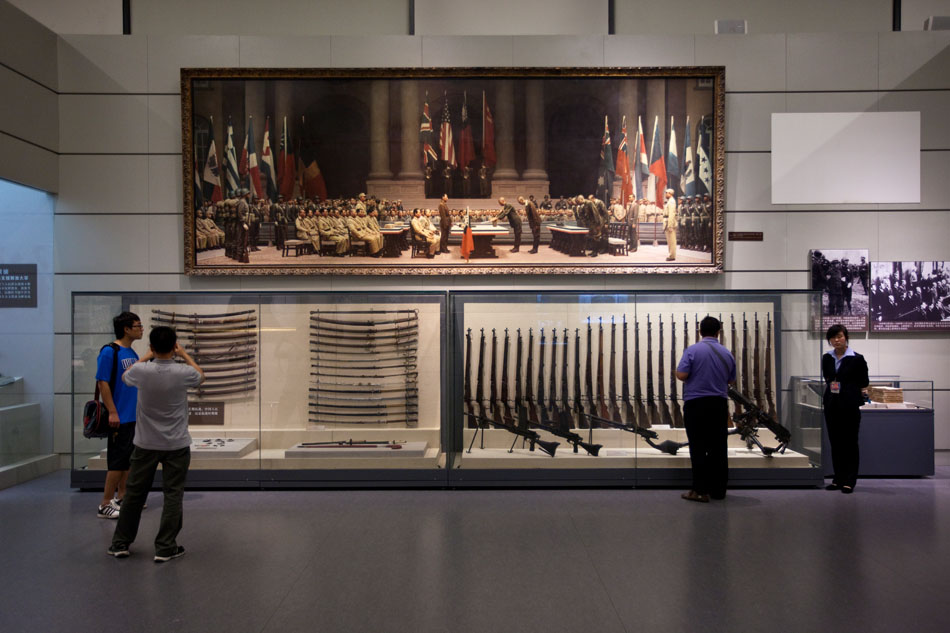
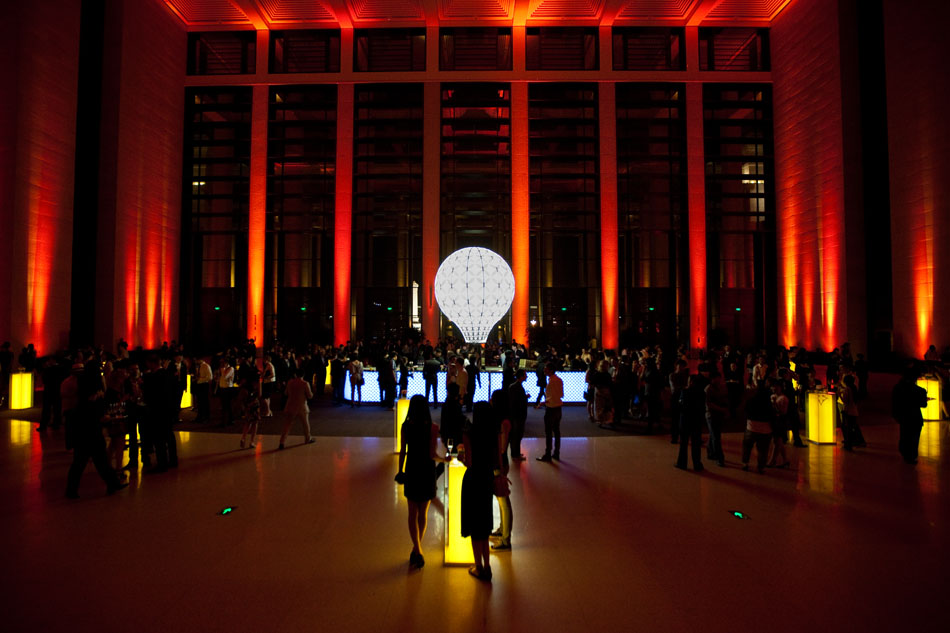
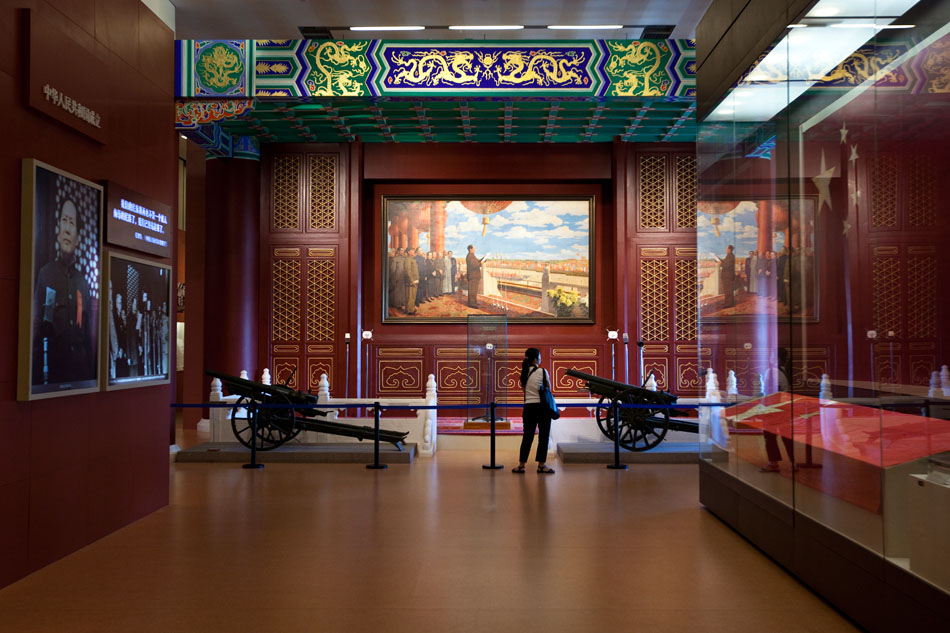
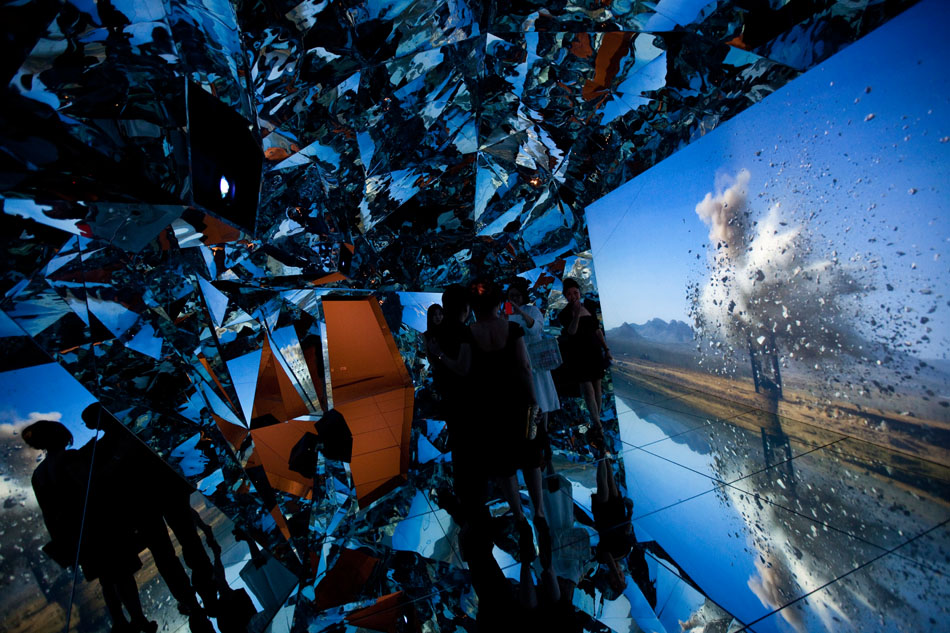
Jun 6, 2011 | Consumerism, Music
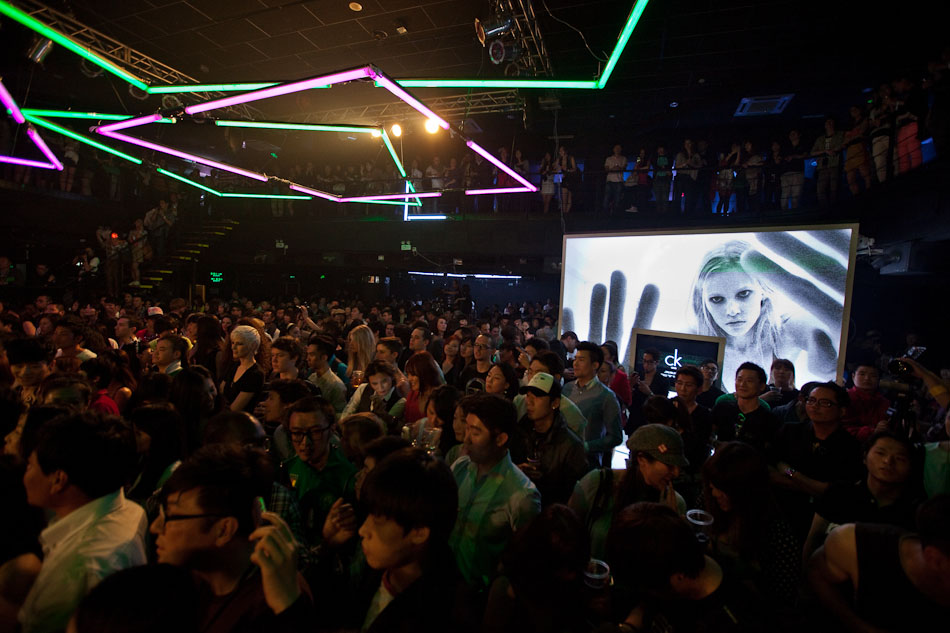
Beijing is chock-full of branded events these days. Whether it’s Diane von Furstenberg at Pace Gallery or Louis Vuitton at the National Museum of China, many fashion houses and luxury brands are trying to wedge themselves into the lucrative Chinese consumer market by pairing up with “legitimate” cultural institutions. Calvin Klein was no different when they rolled into Beijing and threw a party at Club Tango featuring performances by New Pants/新裤子 from Beijing and Far East Movement from Los Angeles. New Pants played a very short set including my current favorite “Sex, Drugs, Internet” while the Far East Movement rocked the energetic crowd with their “Like a G6” hit – see videos below. Otherwise, one corner of the dance floor was dominated by a specially constructed mini-studio where people could be videotaped dancing around a white room in the same manner as recent Calvin Klein advertisements. The only caveat was that anyone entering the box signed away their rights to the video in hopes of being selected for a future Calvin Klein campaign or web feature. People around the mini-studio could also watch live feeds of the antics occurring inside via flatscreens built into the siding. Overall it was a rather ingenious ploy to get people to freely relinquish rights to their personal images for commercial purposes. Events like this occur every few days in Beijing as international corporations continue to drum up a consumer frenzy throughout China.
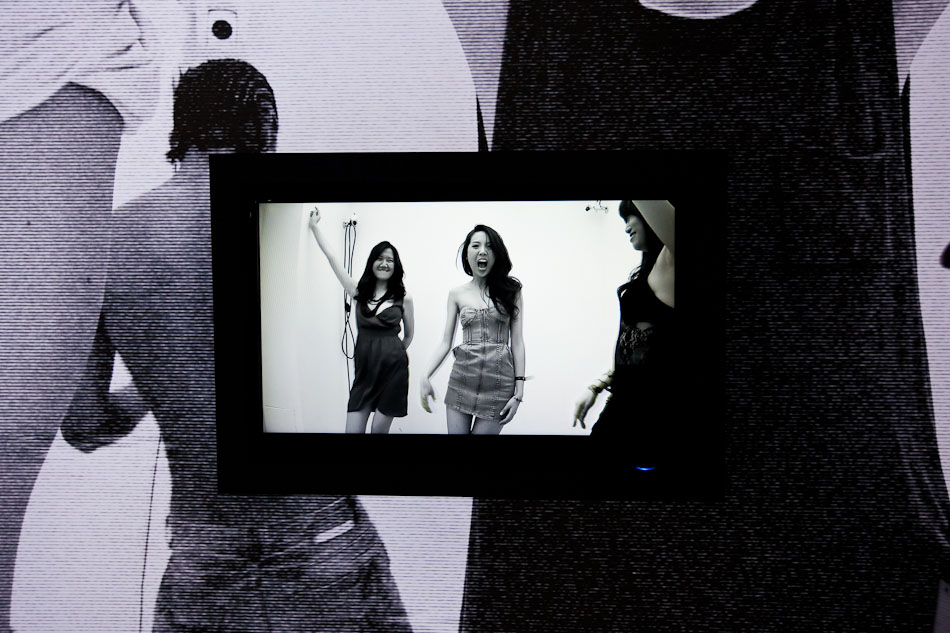
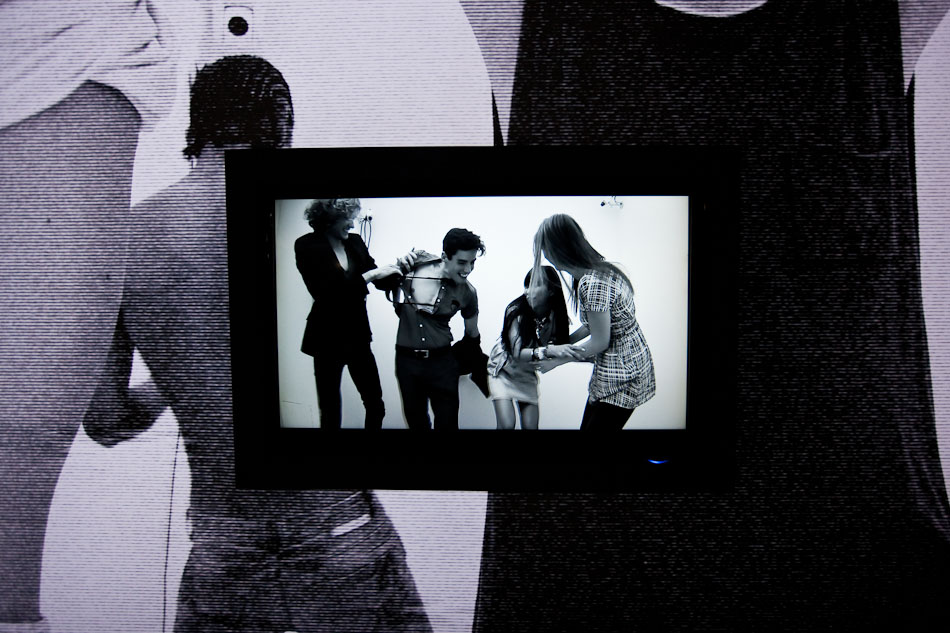
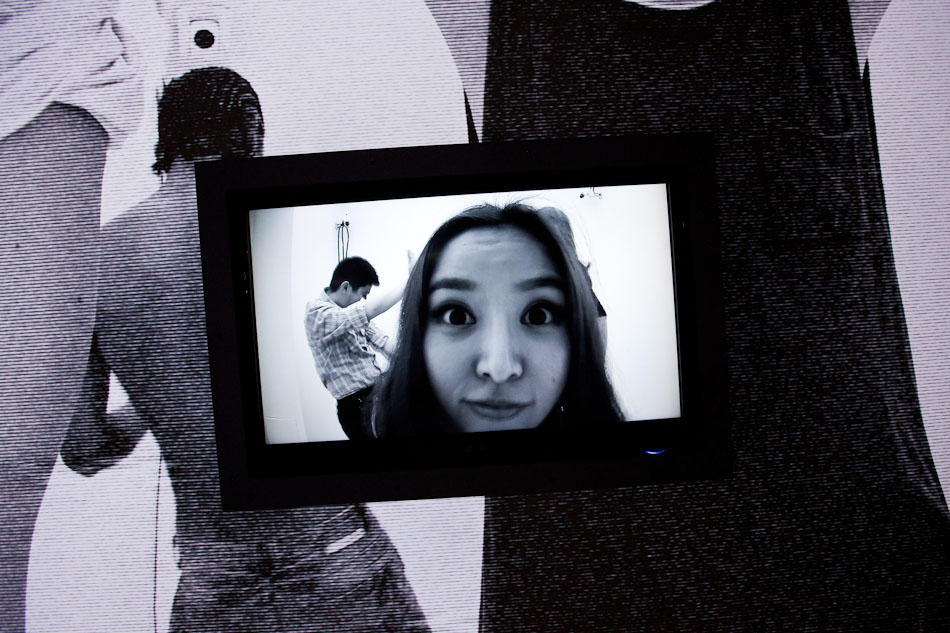
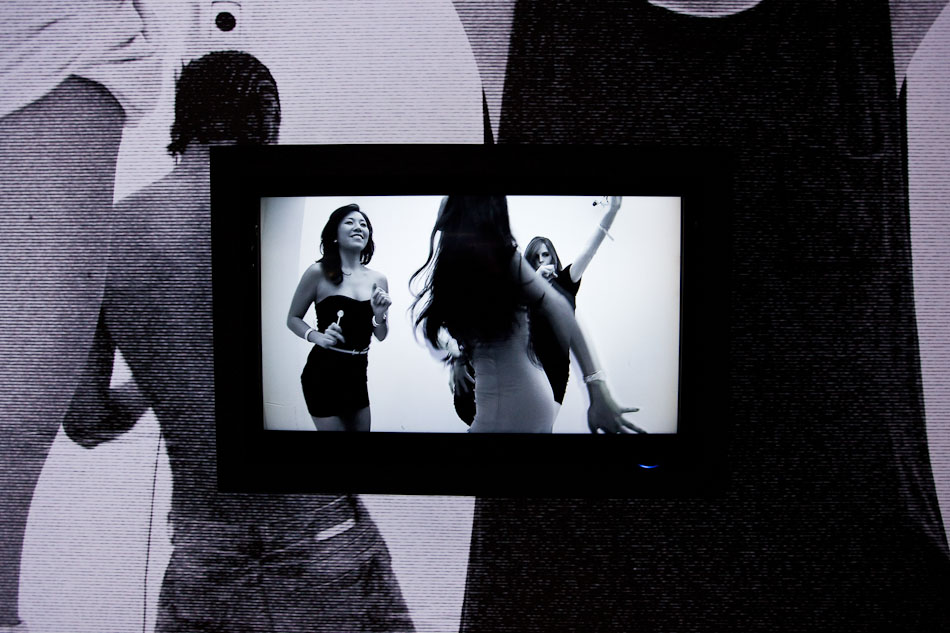
Jan 30, 2010 | Society
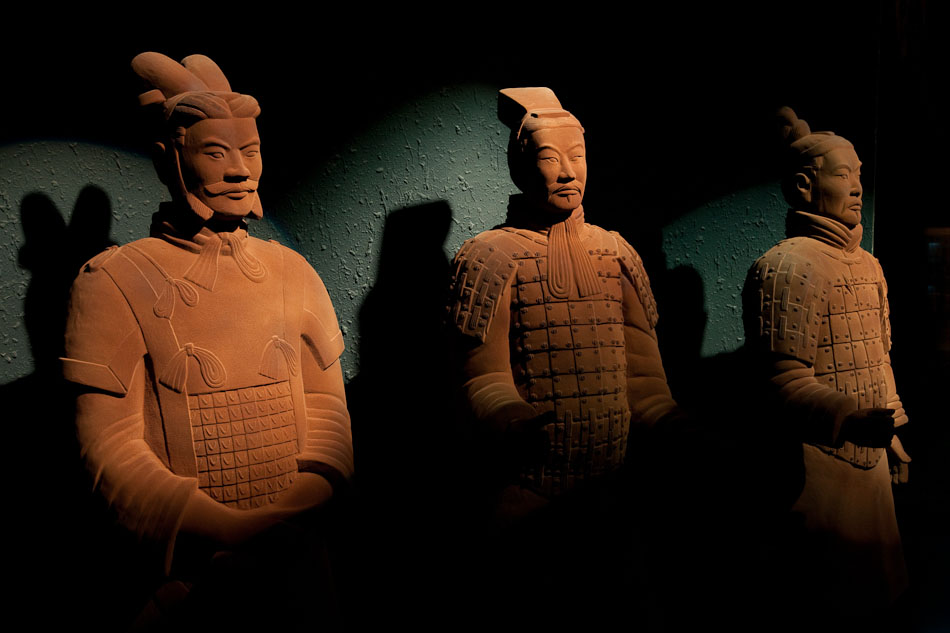
In another outlandish attempt to draw tourists and locals to the Olympic Green, the World Chocolate Wonderland theme park opened just north of the Bird’s Nest stadium to a mixture of awe and bewilderment. The strange assortment of exhibits and objects made of chocolate defies description. Ranging from individual showcases of the history of chocolate in countries famous for chocolate production, to an entire room of various chocolate reconstructions of household and consumer items, the focus and scope of the theme park is haphazard at best. Walking past the chocolate Terracotta Warriors, a Great Wall of Chocolate, and a life-size chocolate BMW, I couldn’t help but feel the theme park represented another exercise in postmodern irony. The visual feast was also picked up by the BBC and Salon. God knows what the Beijing municipal government will think of next to lure people up to the Olympic Green as they continue to struggle to support its grand infrastructure investments for the 2008 Olympic Games.
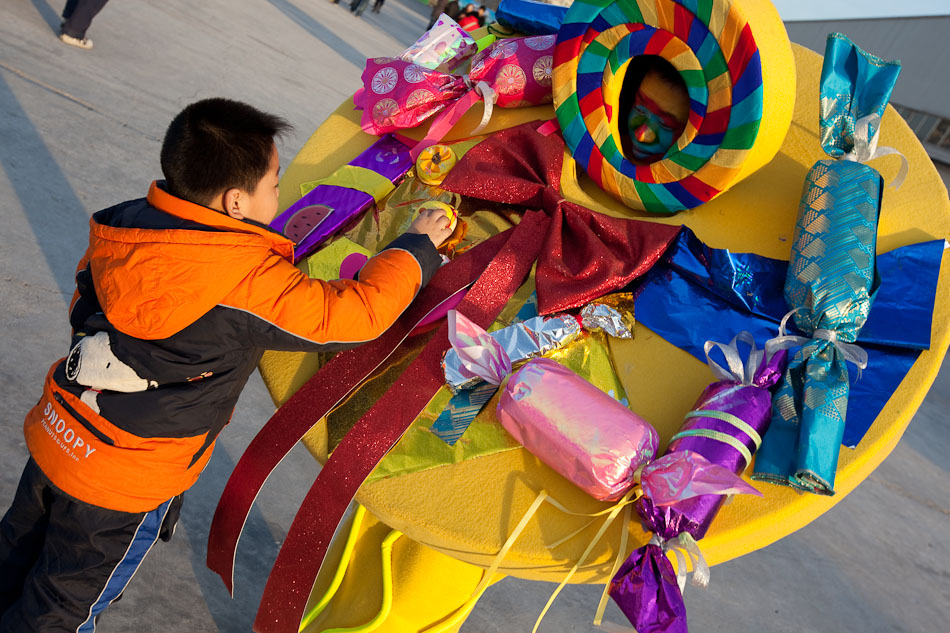
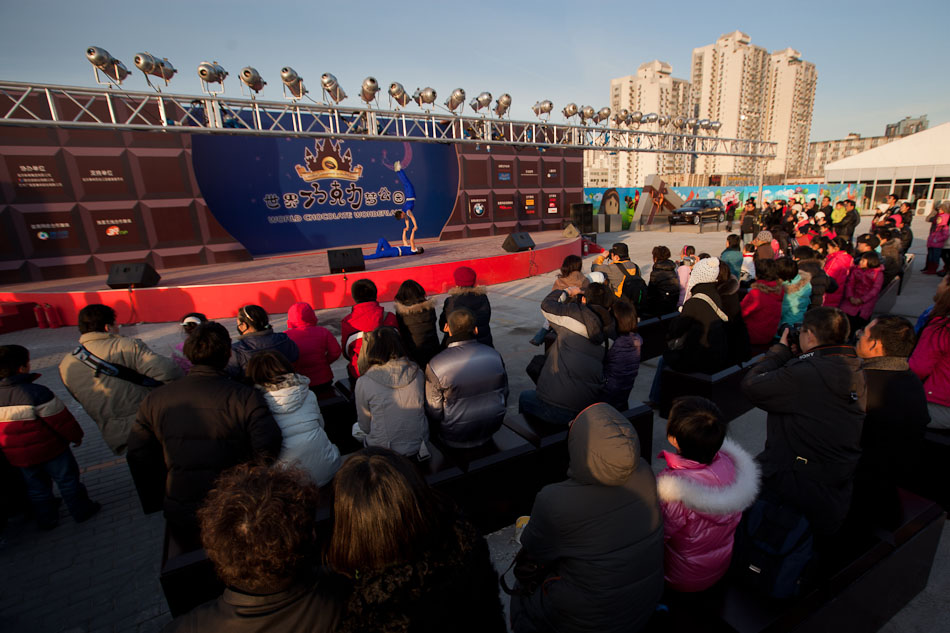

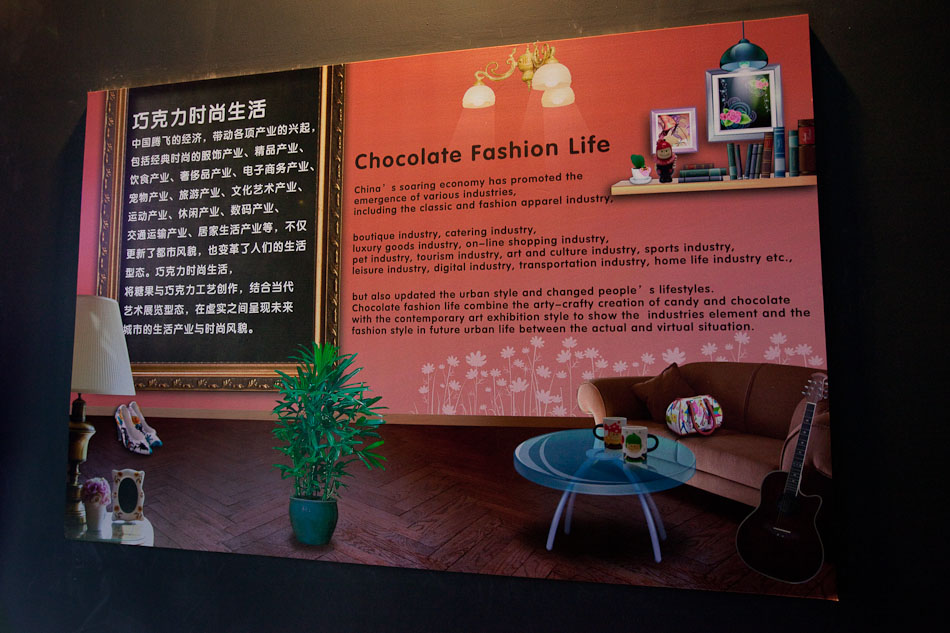
Oct 30, 2007 | Society

As urban residents wield greater purchasing power, sophisticated shopping becomes an ever-important status symbol. Those at the top of Beijing’s increasingly stratified income brackets constantly seek to distinguish themselves from the rest of the pack. Conspicuous consumptive habits thus provide instant prominence and luxury companies are scrambling to cater to and expand upon every whim and desire. Designer clothing, sports cars, and jet-set vacations become necessary additions to any ostentatious parvenu enjoying the taste of once forbidden fruits.
This weekend I bore witness to the star-studded opening of Lane Crawford’s department store in Beijing. It’s a four-story behemoth in a glitzy mall and only stocks vogue international fashion designers. Apparently Beijing has stepped into the sartorial big leagues. Whether or not the store will make money is another question. Beijing doesn’t exude pretentious airs quite like Shanghai or Hong Kong yet. Local shoppers prefer to browse the racks and then hit the streets in search of similar black-market counterfeits. Still, this won’t stop major luxury brands vying to cash in on Beijing’s nouveau riche and their swelling materialistic obsessions. Too much is at stake in this potential market.
Unfortunately sipping on Moet all evening and ogling $5,000 USD Raf Simmons leather jackets can only provide so much enjoyment. Such prices smack of insolence considering the average income of rural farmers in China still tops out at around $225 USD per year according to the Xinhua News Agency. Even most city dwellers who average $750 USD per year would be left out of the commodity feeding frenzy occurring in department stores across Beijing. Many disenfranchised economic groups are starting to take action though, and the Chinese state is starting to realize the vast potential of widespread social unrest if income gaps continue to widen in favor of those already lining their closets with Givenchy, Paul Smith, and Prada. Even though the potential for a luxury backlash looms ever on the horizon, for now nothing seems to stand in the way of these corporate giants.
See “China’s hunger for luxury goods grows” for an excellent description of Chinese yuppies aka chippies.
